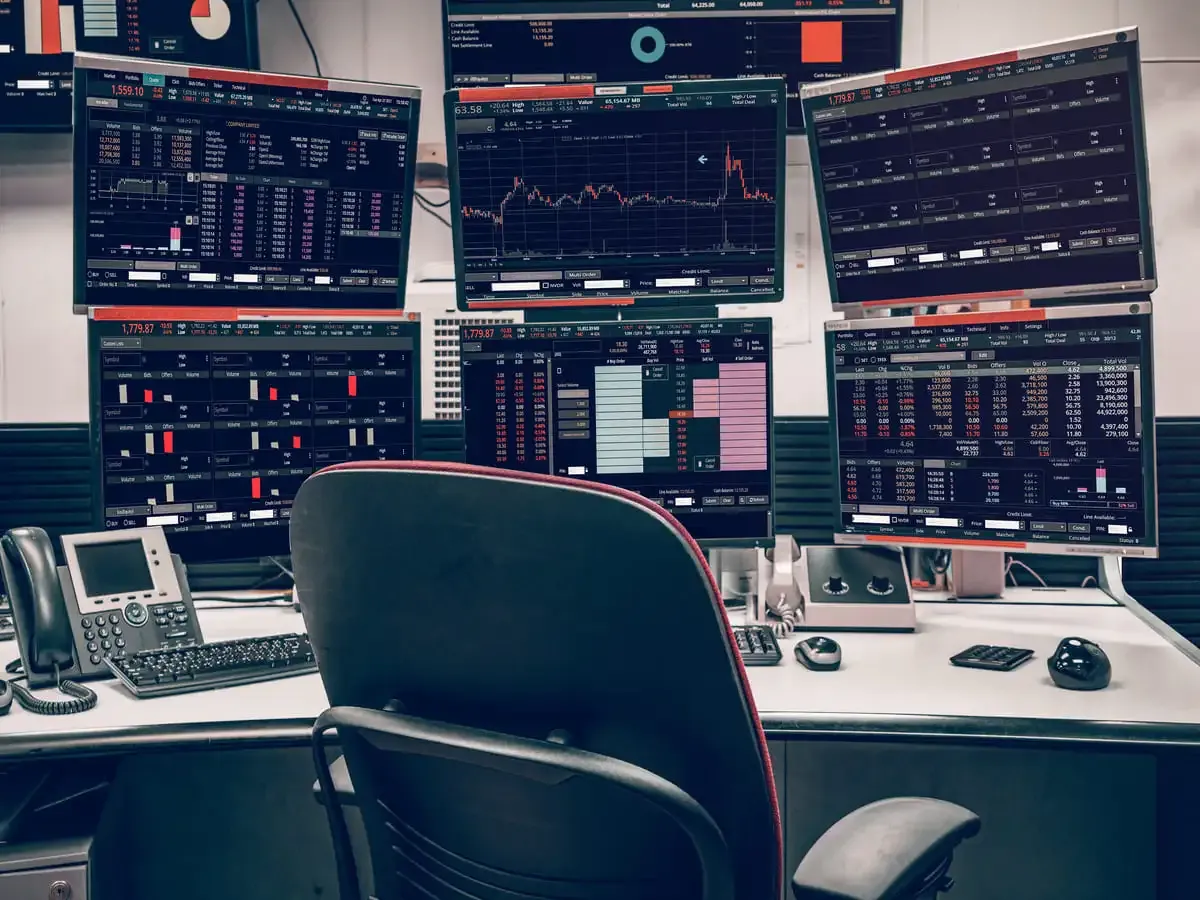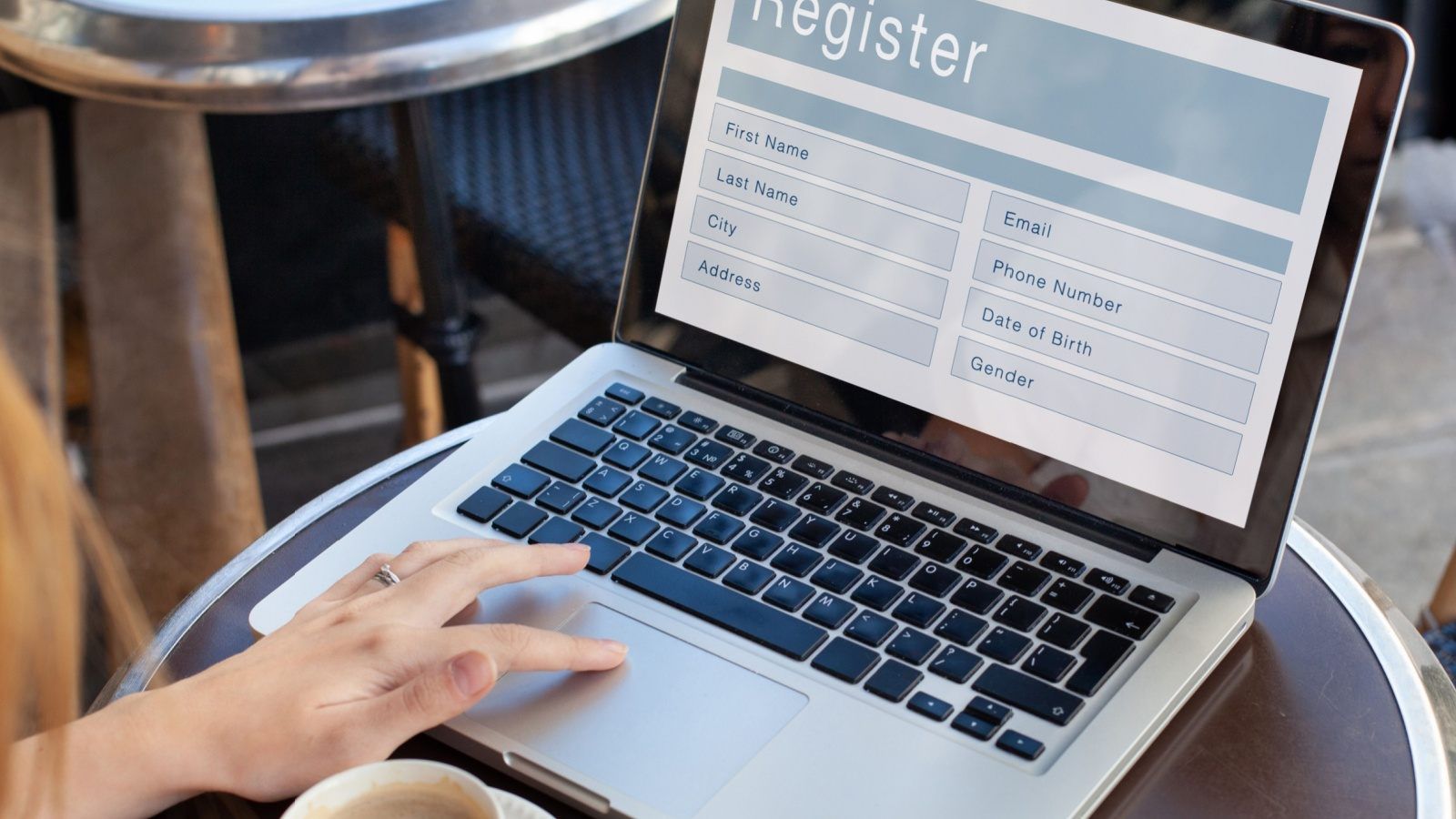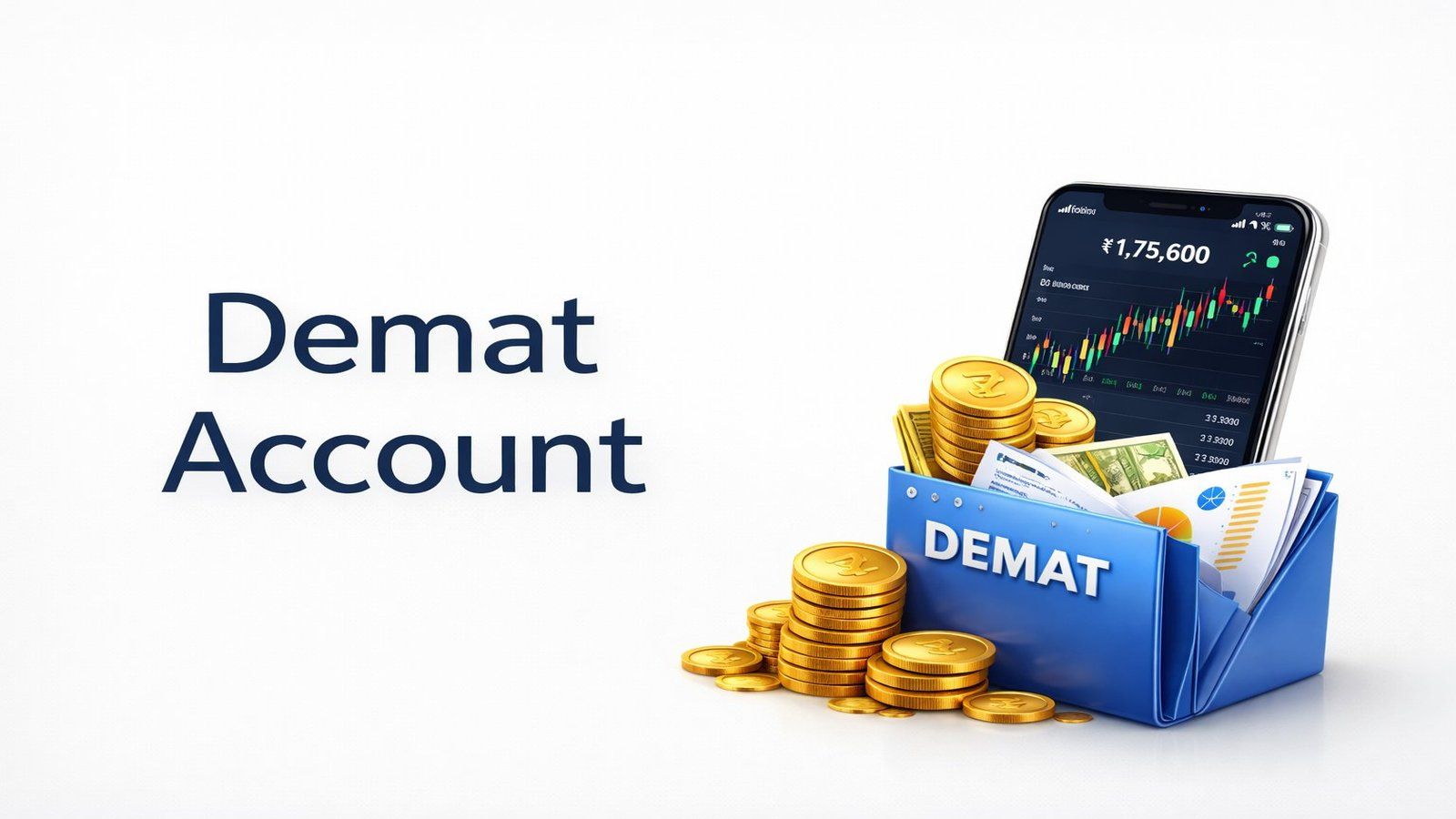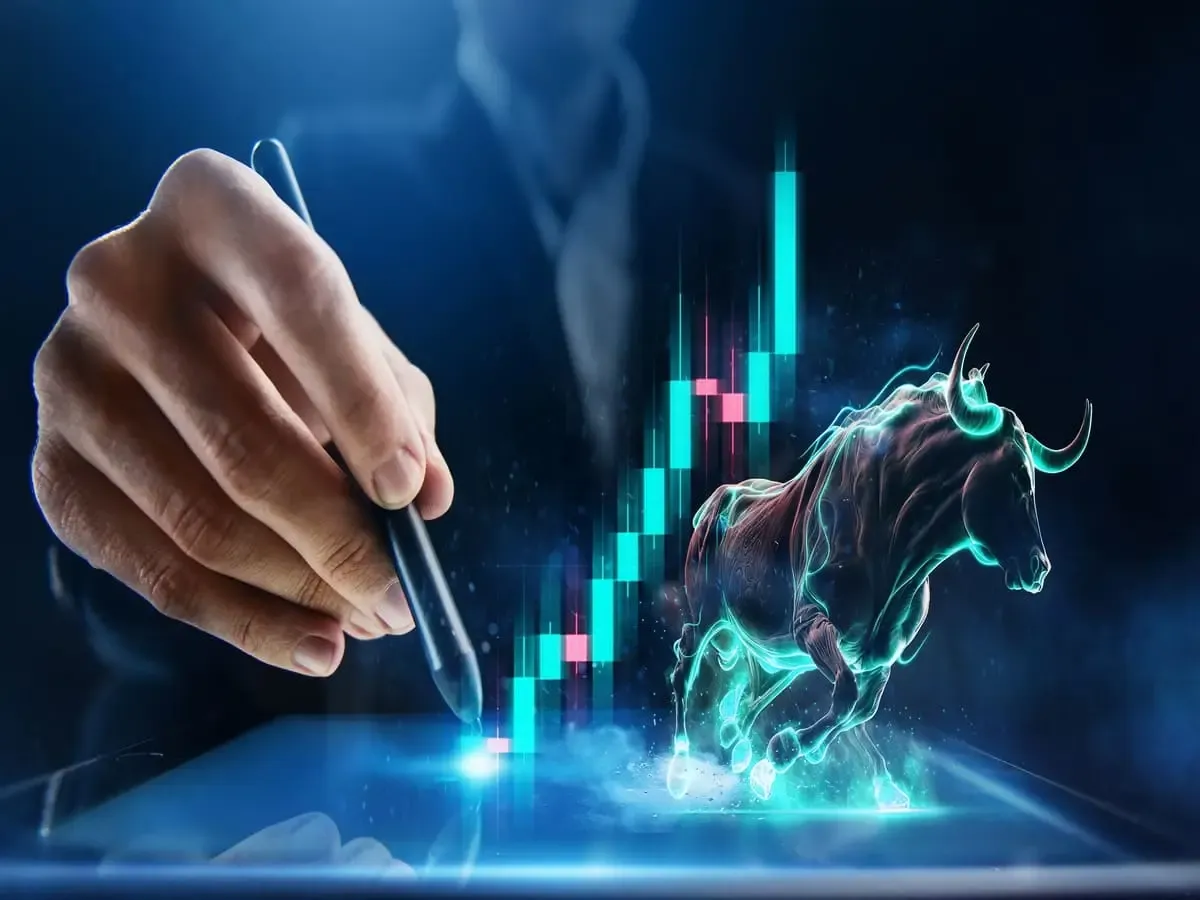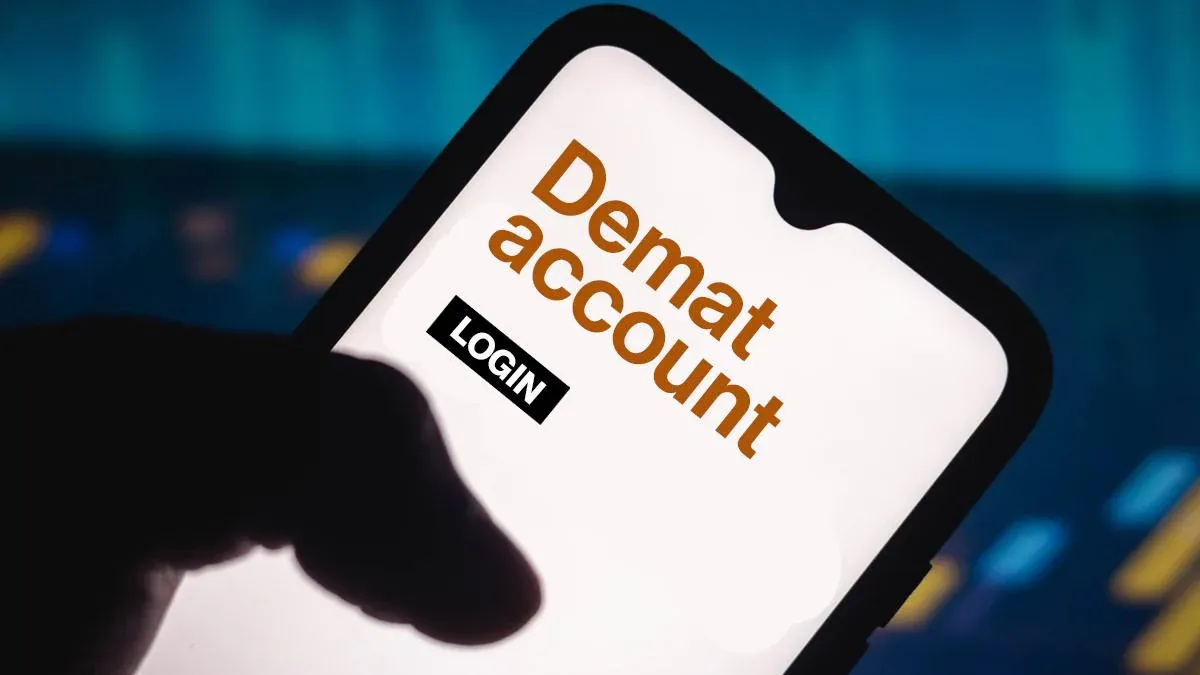How to Convert Physical Shares to Demat
Written by Upstox Desk
Published on January 30, 2026 | 4 min read
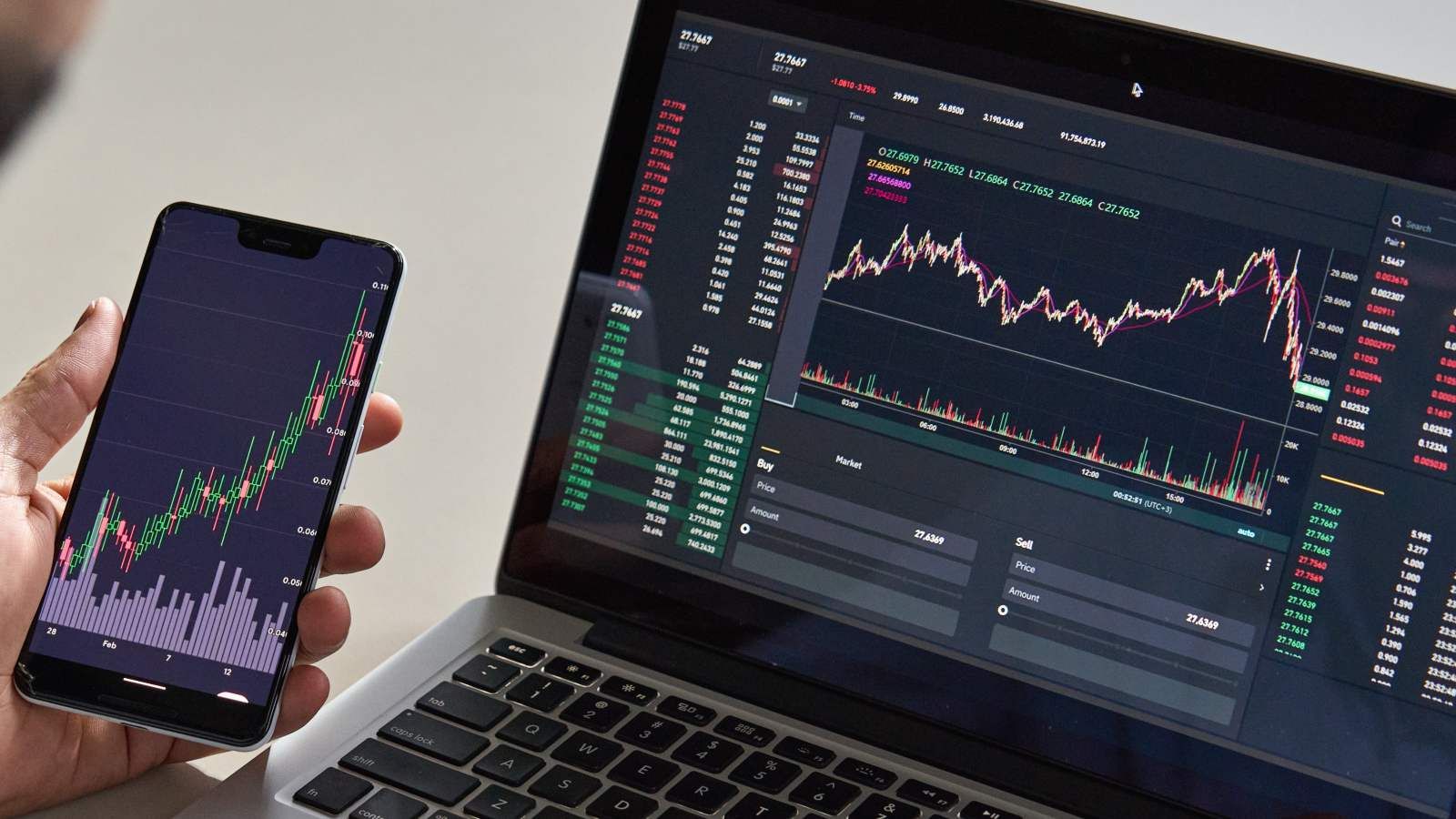
In today’s digital age, the stock market functions entirely through a dematerialised (Demat) system. However, many investors still hold old physical share certificates. If you're one of them, it's important to convert these paper shares into electronic format. Doing so ensures your investments are secure, trading is simplified, and you're in compliance with SEBI regulations.
In this blog, we’ll walk you through the entire process of converting physical shares to a Demat format, covering the required documents, step-by-step procedure, timeline, and frequently asked questions.
What is Dematerialisation?
Dematerialisation refers to the process of converting physical share certificates into electronic form. Once this is done, your shares are safely stored in a Demat (Dematerialised) account, much like money in a bank account.
This digital transition removes risks associated with physical certificates, such as loss, theft, or damage. It also enables hassle-free buying, selling, or transferring of shares online. Today, SEBI mandates dematerialisation for trading in securities, making it not just convenient but essential for transparency and efficiency.
Two main depositories in India handle this process:
- NSDL (National Securities Depository Limited)
- CDSL (Central Depository Services Limited)
These work through intermediaries called Depository Participants (DPs), such as Upstox, who assist investors in opening and managing Demat accounts.
Why Convert Physical Shares to Demat?
Here are the most critical benefits of converting physical shares into demat:
Security
No risk of loss, theft, or damage
Convenience
Buy/sell shares online easily
SEBI Compliance
Physical share trading is no longer permitted
Quick Transfers
Facilitates faster ownership transfer, gifts, and inheritance
Anywhere Access
Monitor your holdings online anytime
From Physical to Demat – Complete Process
| Step | Action | Details |
|---|---|---|
| Open a Demat Account | Open a Demat account with a SEBI-registered Depository Participant (DP) like Upstox. | Documents Required: - PAN card - Aadhaar card - Bank account details - Passport-sized photograph Brokers like Upstox offer an easy, fully online application process. |
| Fill the DRF (Dematerialisation Request Form) | Collect the DRF form from your DP | Instructions: - Mention folio number, certificate number, ISIN, etc. - Select “Surrender of certificates for dematerialisation” - Submit separate DRFs for shares of different companies. |
| Submit Physical Certificates and DRF | Submit your original share certificates along with the filled DRF to your DP | Important Guidelines: - Name on the certificate must match the Demat account - Form must be filled accurately - Certificates should be clean and undamaged |
| DP Forwards Request to RTA and Depository | The DP verifies your documents and forwards the request | Process Flow: - Sent to the company’s Registrar and Transfer Agent (RTA) - RTA checks authenticity of certificates - Also sent to NSDL/CDSL for dematerialisation approval |
| Shares Credited to Your Demat Account | Post-verification, shares are credited to your Demat account | This usually takes 15–30 working days. Your DP will notify you via email or SMS once the process is complete. |
Key Benefits of Holding Demat
| Feature | Physical Shares | Demat Shares |
|---|---|---|
| Security | Risk of loss/theft | Completely secure |
| Trading | Not possible | Fully tradable |
| Transfer process | Manual and slow | Fast and digital |
| Accessibility | View physical proof | Online |
Converting physical shares to Demat form is a smart and necessary move for modern investors. It safeguards your holdings against risks such as loss or damage, and offers unmatched convenience in trading and portfolio management. Plus, it simplifies corporate actions, inheritance, and pledging procedures. If you still have old share certificates lying around, now’s the right time to dematerialise them and take full control of your investments.
FAQs
Can physical shares still be sold?
No. As per SEBI regulations, physical shares cannot be traded. Dematerialisation is mandatory.
What if the certificate is torn or damaged?
You must first apply for a duplicate share certificate from the company before initiating the Demat process.
How to check if a certificate is valid?
Verify the company’s ISIN, ensure the name matches your PAN/Aadhaar, and confirm that the certificate hasn’t already been dematerialised or transferred.
What if the shareholder has passed away?
The legal heir must complete a transmission request with the following:
-
Death certificate
-
Succession certificate or legal heir affidavit
-
KYC documents of the legal heir
Can mutual funds or bonds also be held in a Demat account?
Yes. You can hold Mutual Funds, Bonds, ETFs, Government Securities, and other securities in your Demat account.
About Author
Upstox Desk
Upstox Desk
Team of expert writers dedicated to providing insightful and comprehensive coverage on stock markets, economic trends, commodities, business developments, and personal finance. With a passion for delivering valuable information, the team strives to keep readers informed about the latest trends and developments in the financial world.
Read more from UpstoxUpstox is a leading Indian financial services company that offers online trading and investment services in stocks, commodities, currencies, mutual funds, and more. Founded in 2009 and headquartered in Mumbai, Upstox is backed by prominent investors including Ratan Tata, Tiger Global, and Kalaari Capital. It operates under RKSV Securities and is registered with SEBI, NSE, BSE, and other regulatory bodies, ensuring secure and compliant trading experiences.


















